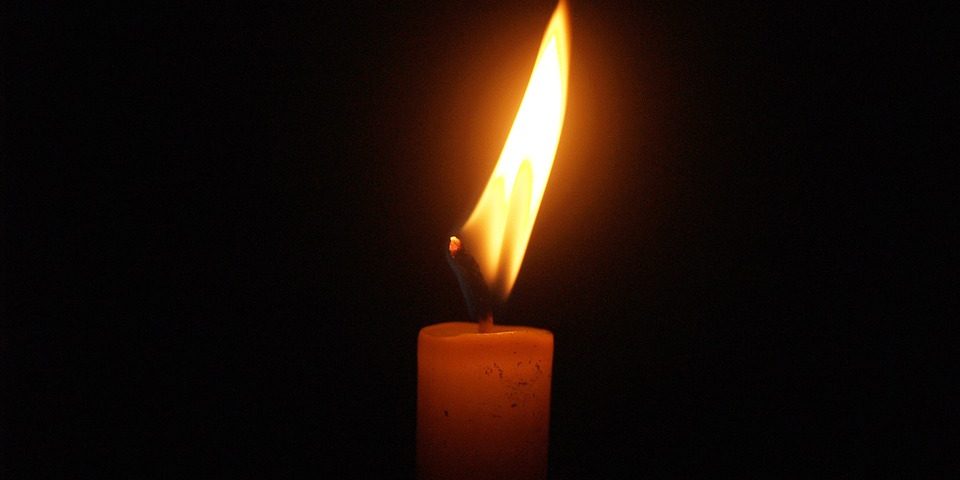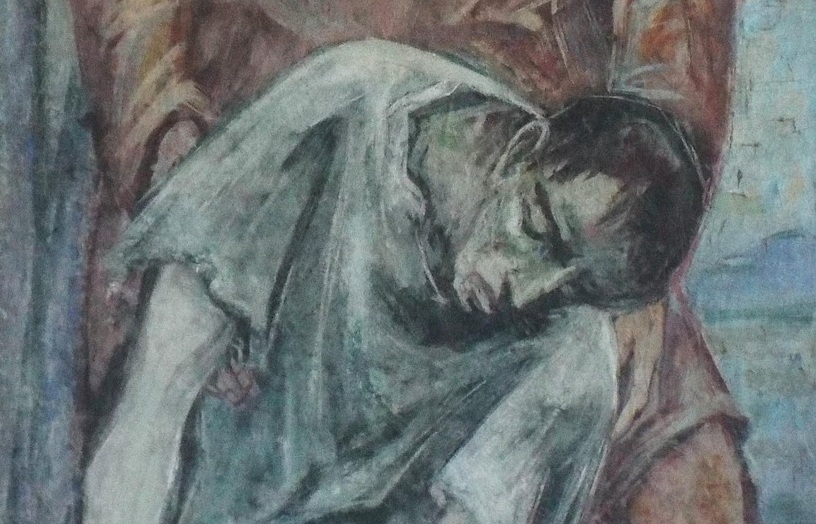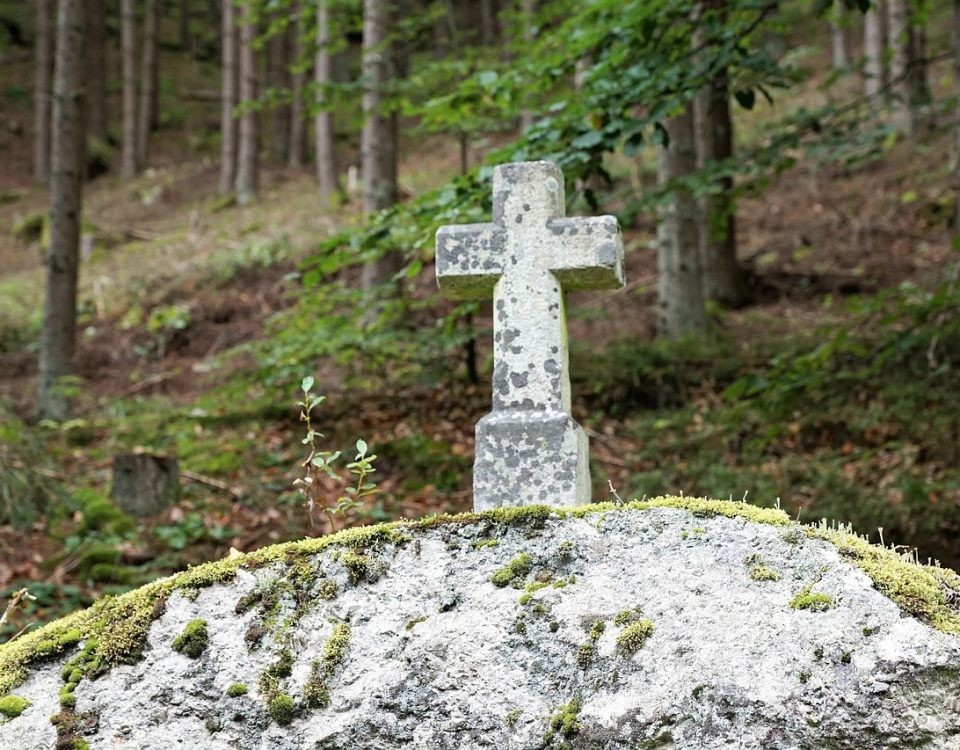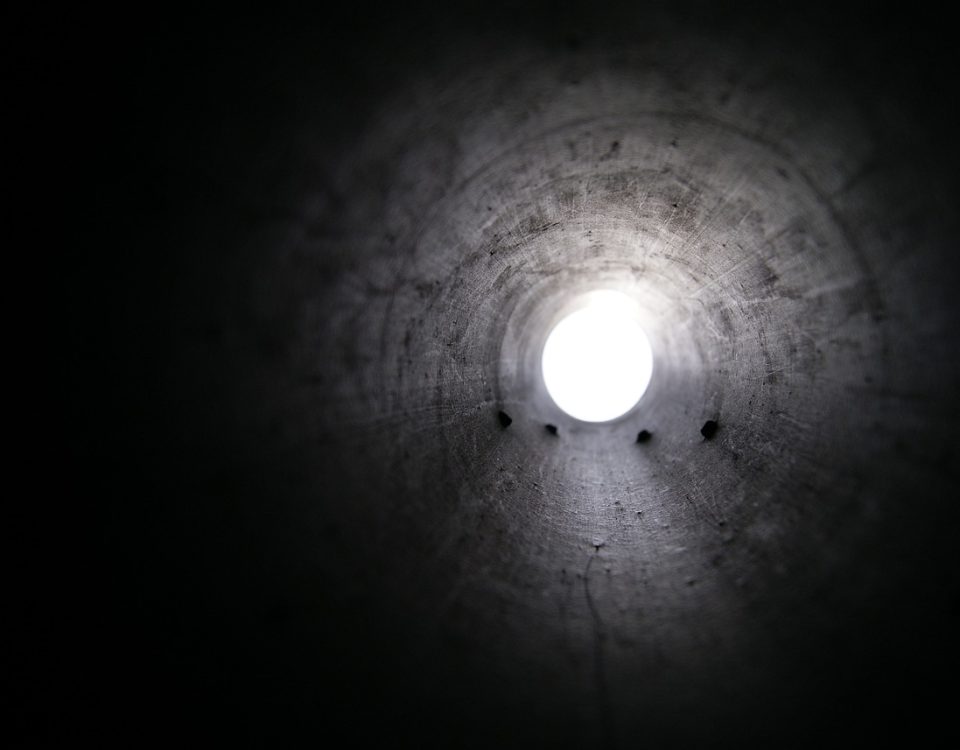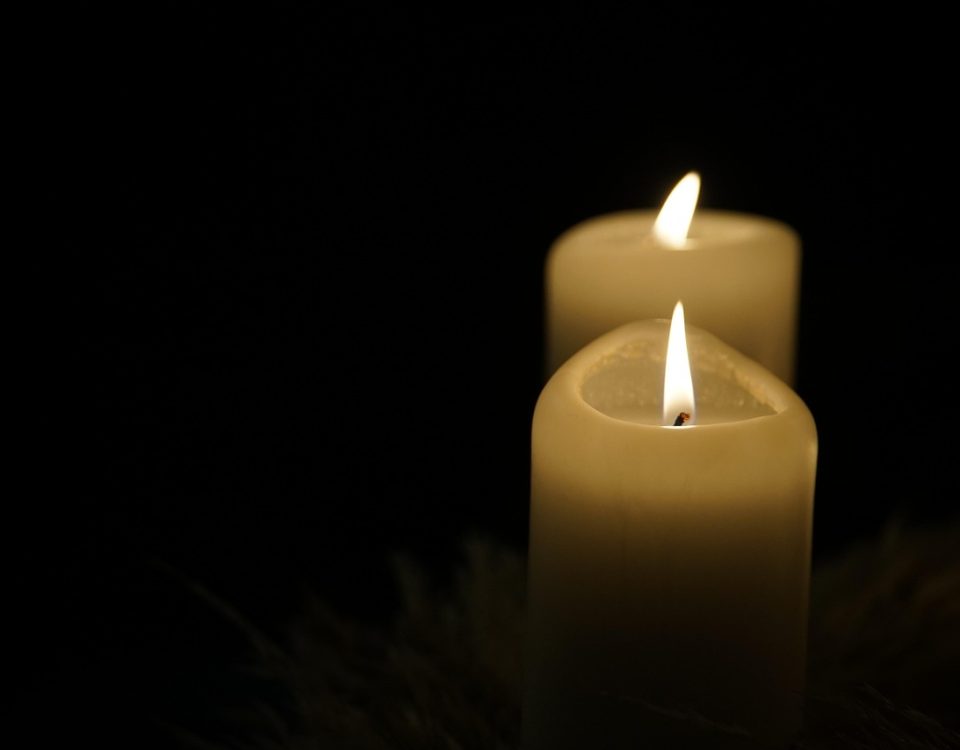To watch this homily, click here.
The idea, you see, was of a kingdom, of a peace which passed understanding.[1]
Jesus said it was like a family, but not like families bound by blood, but by faith; those who do the will of God, he said: these are “my brother and sister and mother.”[2] It was a family of everybody, even those you wouldn’t think of—tax collectors and sinners, Samaritans too. Paul understood it, even if imperfectly, that in Christ there is no division; his words, prophecy, like an unrealized dream, that in Christ there is neither Jew nor Greek, slave nor free, male nor female.[3] This broad dream, this kingdom, this peace: such is what God meant for us, for the world he loves.
And it was born of love and death, of resurrection and forgiveness. Born of a love refusing violence, of vulnerable truth wounded before power, Jesus meant for us to learn such love, his way of dealing with the world. It’s why he showed his scars and said “Peace.” It’s why he breathed on them and bid them forgive.[4] Because that is the will of God; that’s how he meant to make sisterhood and brotherhood into a kingdom. It’s why, as Paul said, Christian ministry should always be a “ministry of reconciliation.”[5] Because that’s how he meant, at least, to begin to remake the world, until all kingdoms are become the kingdom of our Lord and of his Christ.[6] By forgiveness and a new family of peace.
But that’s not how it’s gone, has it? Yes, Jesus did say we’d suffer and face persecution; he said the world would hate us.[7] But I’m not talking about that. I’m talking about how we’ve not done our part, how we’ve not followed Christ. Our sins are a long litany, a penitential psalm with more verses than we realize. And we wonder where God is, where he went with all his beauty; we wonder why so few think of our Gospel at all. Because we have forgotten or more likely ignored for too long what scripture says, that “it is time for the judgment to begin with the household of God.”[8]
Brothers and sisters, I love you, and I hope you’ll listen. But I am talking about racism in America. And I want to do more than convict and condemn, more than just comfort some while irritating others. Rather, I want us all, plainly and without emotion or defensiveness, to ask ourselves what’s going on and what our part in all this mess is. Because we’re wrapped up in it too—every single one of us. If you don’t think so, you’ve got some growing to do, I’m afraid. Because we’re all part of it, and it’s our unwillingness to accept that which is at present the problem.
When we see (as we have seen so often) a black man die the way we saw George Floyd die, what do we think? When we see protests and riots in cities across our country, what do we think? With all due respect, I think part of the problem is that we see these killings too narrowly. We analyze each incident; we dissect and judge the man. Why did he resist? Why didn’t he just comply? Sometimes we judge the officer. We say he’s poorly trained, a bad apple, maybe the product of a corrupt department. And, when the riots break out, when violent masses take to the streets, when the fires begin, we’re almost relieved not to have think about what started it, thankfully distracted by senseless anger and senseless violence. But we refuse to see the killing of black men as a social reality, as the symptom of a bigger problem.
Or, when we do offer broader commentary, especially we religious folk, too often it’s just pious nonsense. In the late 1950s Billy Graham preached once, “The one great answer to our racial problem in America is for men and women to be converted to Christ.”[9] Now that’s fine advice, and I’m all for it. But there were more Americans in Church, especially in the South, in the 1950s than at any other time in our history—when most white Christians didn’t have a thing to say about Jim Crow. There is a problem in refusing to admit the problem, a problem saying in the face of the problems of our country that all we need is Jesus. Because, one, I don’t think Jesus himself would say that; and two, it’s hypocrisy. And it’s what our black brothers and sisters have been trying to tell us forever, at least since Frederick Douglass talked about the sad absolute difference between the “Christianity of this land” and the “Christianity of Christ,” of how, for so long in our nation, preachers and “dealers in the bodies and souls of men” have worshipped comfortably together, not painful word spoken between them.[10]
And certainly we sense this, don’t we? We sense this corruption. We know, don’t we, that we’re dodging the question. And we don’t know what to do with it. Ta-Nehisi Coates, the brilliant black writer, said, “For white people who have not quite taken on the full load of ancestral debt but can sense its weight, there is a longing for some magic that might make the burden of slavery and all that followed magically vanish.”[11] That’s what we do, what we hope. We hope it will just stop. We hope it will be enough if we simply put our disgust on display, maybe if we post something liberal and enlightened on social media. We hope it will be enough simply to renounce the racism of earlier generations and, rather superficially, celebrate diversity. Which, at the end of the day, is just as foolish and myopic as anything else. Because, again, we’re refusing to see the real problem.
And that is, as I said, that the killing of black men is a social reality. It’s what the Church calls “social sin.”[12] That is, it’s the product of structures of sin. Paul, in the New Testament, would have spoken of “principalities and powers.”[13] Now, undoubtedly, I’ll lose some of you, but the Church thinks of abortion the same way; we see it belonging to a “culture of death.”[14] Now what this means is that when we think of sins like the killing of black men and the unborn, we must also think of the conditions under which such sins are committed. That is, we must think not only of individual circumstances but also history, politics, economics, city planning, schools, development, and about what makes North Dallas so very different from South Dallas. It means we should think about income inequality, taxes, legislatures, and special interests. It means we should recognize that most of us are beneficiaries of political and economic decisions which stacked the deck against George Floyd before he was ever born.
Which is precisely what we don’t want to admit, because that’s harder than merely expressing outrage, harder than merely praying about it, harder than blaming the police. Because to do so hits too close to home; because to do so might mean we’d have to change, not just our attitudes but the very structure of our pretty world, our pretty homes, our pretty cars. And that frightens us. And so, we settle for empty emotional outrage and do nothing. Until it happens again.
Now, brothers and sisters, I know this is hard preaching, and let me say again, I love you all. But, friends, we need to think about this. We need to work on this. We need to do better. Now I don’t want simply to make you feel bad; I don’t want to condemn you at all. I simply want us all to be open to the possibility that each of us needs to think about this anew—each of us, and especially those of us to don’t think we’re part of the problem, who don’t think race is a problem for them. Jonathan Wilson-Hartgrove wrote about the “shriveled-heart syndrome.” If we don’t see our part in the social sins of our country, sins like racism, that’s what might be the problem—“shriveled-heart syndrome.” But the treatment, he said, is simple: we just need to start listening.[15] Before we analyze and diagnose, before we rehearse tired and false bromides, we just need to listen. Before we can open ourselves to the new America we must build together, we need to listen. To black voices, Latino voices, poor voices, undocumented voices, before we speak, we’ve got to do a lot of listening. Because we can’t just listen to a man cry for his mom, cry that he can’t breathe, watch him die and feel bad about it a little while and then go back to normal.
That is, not unless we’ve forgotten what today is, what Pentecost is, what the Spirit is for. Not unless we’ve forgotten what those wounds are all about and what his peace is really meant to look like. Like reconciliation, not this. Amen.
[1] Philippians 4:7
[2] Mark 3:35
[3] 1 Corinthians 1:10; Galatians 3:28
[4] John 20:20-22
[5] 2 Corinthians 5:18
[6] Revelation 11:15
[7] Matthew 10:16-23; Mark 13:9-13; Luke 21:16-19; John 15:18-25
[8] 1 Peter 4:17
[9] Frances Fitzgerald, The Evangelicals, 204
[10] Frederick Douglass, Narrative of the Life of Frederick Douglass, Appendix
[11] Ta-Nehisi Coates, We Were Eight Years in Power, 151
[12] Catechism of the Catholic Church 1869; John Paul II, Reconciliatio et Paenitentia 16
[13] Cf. Hendrik Berkhof, Christ and the Powers
[14] John Paul II, Evangelium Vitae 12
[15] Jonathan Wilson-Hartgrove, Reconstructing the Gospel, 159-165
© 2020 Rev. Joshua J. Whitfield
